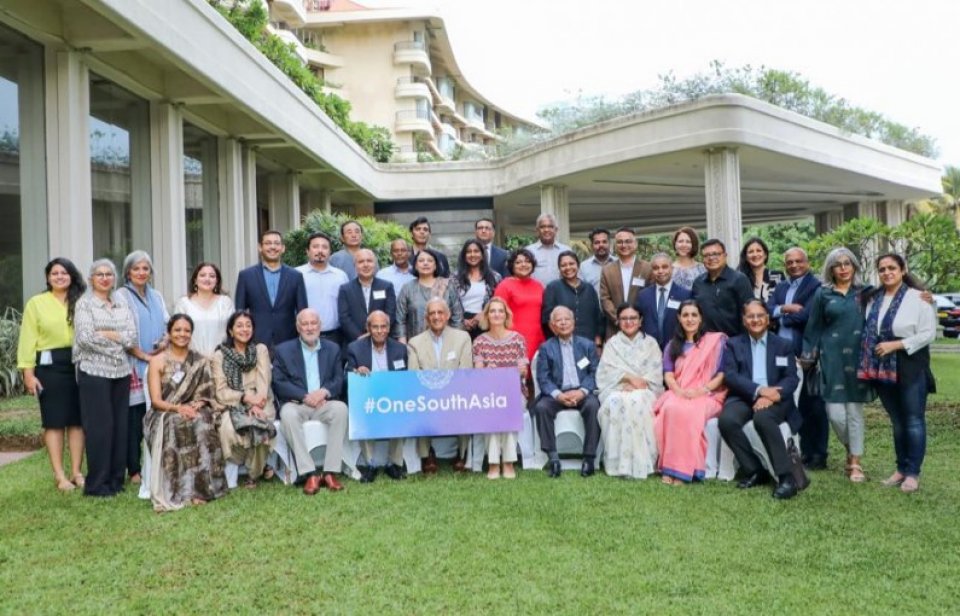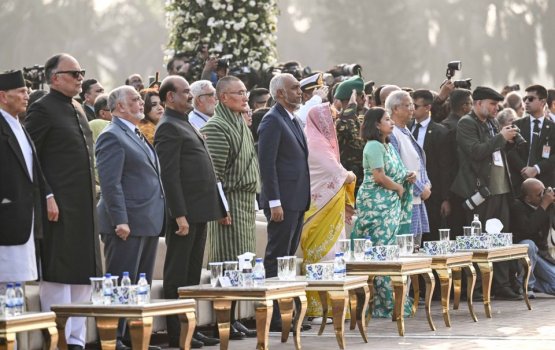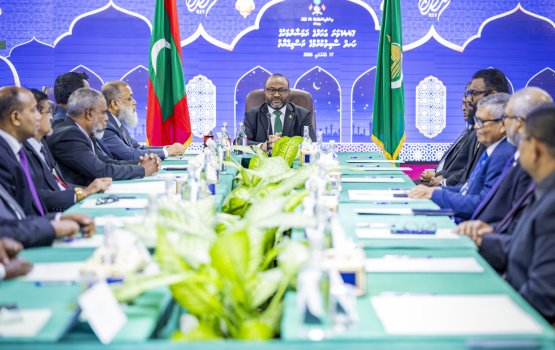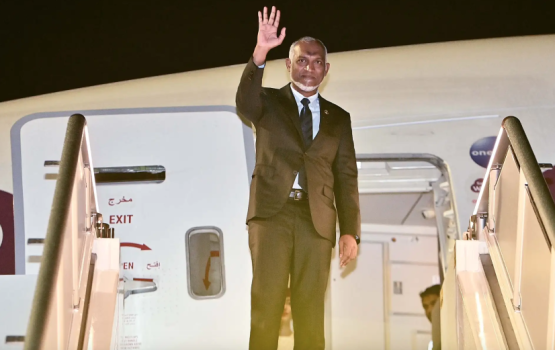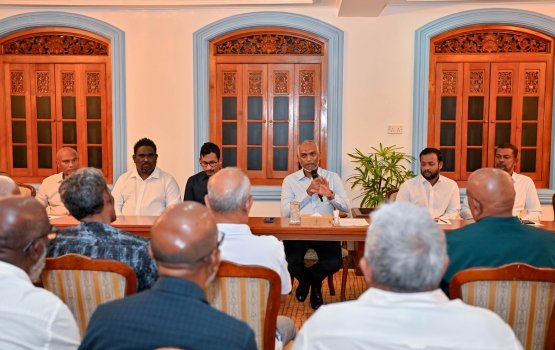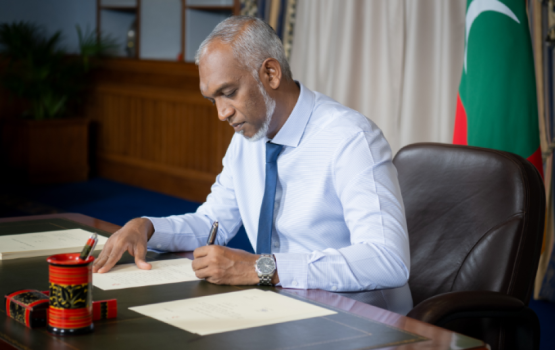Years ago, the region grew with the intention of capitalizing on the diverse qualities; economic growth, social progress, and cultural development of the region. However, I must state that the Association founded on December 8, 1985, no longer exists. Rather, they are sleeping "under the table."
It's strange, but the South Asian Association for Regional Cooperation (SAARC) appears to be off the table.
A region rich in resources is nearly dead, and countries in the region are cut off from one another for a variety of reasons. Such a clear example still exists between India and Pakistan. Their national policies separate them.
Similarly, other countries in the region remain silent on a variety of regional and geopolitical issues.
With the World Bank's initiative, which brings ideas, perspectives, and discussions about the benefits and challenges of regional cooperation under the banner of #OneSouthAsia, regional editors and journalists are a beacon of hope in filling a void that has existed for years.
Except for Afghanistan, regional editors and journalists from the Maldives, India, Pakistan, Sri Lanka, Bangladesh, Bhutan, and Nepal attended the second edition of the Editors Forum (EF) in Sri Lanka.
The prenominal #OneSouthAsia is taking place at a moment when the world is changing quicker than our minds can cope with the circumstances that arise as a result of those changes if we (the bloc) keep mute. From professional priorities to personal relationships, values to ideologies, ideas to convictions, everything we see today is changing.
The political landscape is evolving and growing more unpredictable, technology is transforming everything we do, environmental pressures are reaching dangerous levels, and societal tensions are rising practically everywhere in the world.
Many individuals believe that amid changing circumstances, people's mental processes and objectives in life have grown so individualized and strong that there is nothing more or less in their so-called views.
When it comes to regional or geopolitics, diversity is driving us apart since there is no single voice or action addressing common concerns.
The 2nd edition of two-day EF forum was the first of its kind, bringing us all closer together through regional experiences and fresh ideas from editors to build the bloc as One.
Many suggestions were presented to cooperatively and inclusively in solving the problems in the region.
At the same time as the EF, which included the Maldives, the Indian Ocean Rim Association (IORA) conducted its annual meeting in Colombo at the same location to discuss maritime safety and security, regional trade, disaster risk management, fisheries management, and the blue economy.
Although the outcome of the IORA was ambiguous, I must state that the prospects for EF remain bright.
As in Europe (EU), and ASEAN, it is vital that the South East Asia bloc, which accounts for almost a quarter of the world's population, focus One on capitalizing on the region's potential. This entails, among other things, addressing the nation's economy, energy, trade, poverty, climate change, food insecurity, gender equality, disinformation, press freedom, corruption, and most importantly, regional corporations.
Because closeness is crucial and favorable in achieving similar goals in this bloc, it is time to connect the dots.
As a region with shared values, geography, history, culture, food, art, and so on, the bloc can do more.
Leaving rivalry and differences aside, it is time for all stakeholders to work together as #OneSouthAsia.

